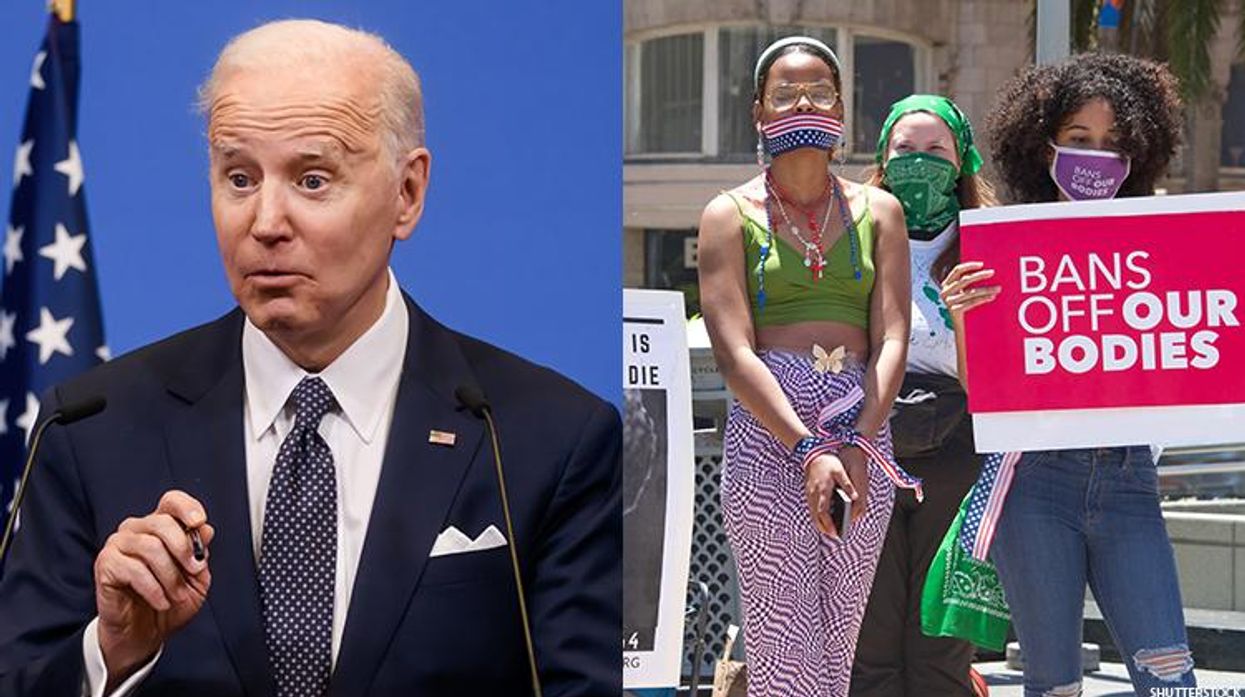A federal judge in Texas has blocked the Biden Administration's mandate that hospitals provide emergency abortions on women whose lives are in danger.
U.S. District Judge James Wesley Hendrix ruled Tuesday that the U.S. Department of Health and Human Services' ordinance overstepped the department's authority. Hendrix declined to enjoin his ruling on a national scale, but forbade the HHS from enforcing its interpretation of the Emergency Medical Treatment and Active Labor Act within Texas.
At the urging of Republican Texas Attorney General Ken Paxton, Texas became one of the many states to completely ban abortion on July 2, hardly a week after the Supreme Court's ruling to overturn Roe v. Wade. In response, President Joe Biden signed an executive order to ease accessibility in states that enacted immediate bans, prompting Paxton to file a lawsuit against the HHS on July 14 over the guidance.
As precedent for his order, President Biden cited a 1986 federal law that guarantees hospitals must provide emergency medical care for the poor and uninsured. Hendrix, who was appointed by former president Donald Trump, claimed in his ruling that the law could not be extended that far.
"That guidance goes well beyond EMTALA’s text, which protects both mothers and unborn children, is silent as to abortion, and preempts state law only when the two directly conflict," he wrote. "Since the statute is silent on the question, the Guidance cannot answer how doctors should weigh risks to both a mother and her unborn child. Nor can it, in doing so, create a conflict with state law where one does not exist."
Hendrix ruled ahead of another expected decision Wednesday from an Idaho judge as to whether or not the State Department challenging Idaho's near-total abortion ban falls within the same statute as the case in Texas. Texas spares no exemptions for life-threatening pregnancies, whereas Idaho has an exception only in cases where the mother's life is endangered.
Hendrix has likely set a precedent with his ruling, though it is expected that both cases in Texas and Idaho will be appealed regardless of ruling, making it possible that the Supreme Court could once again weigh in on abortion access.



















































